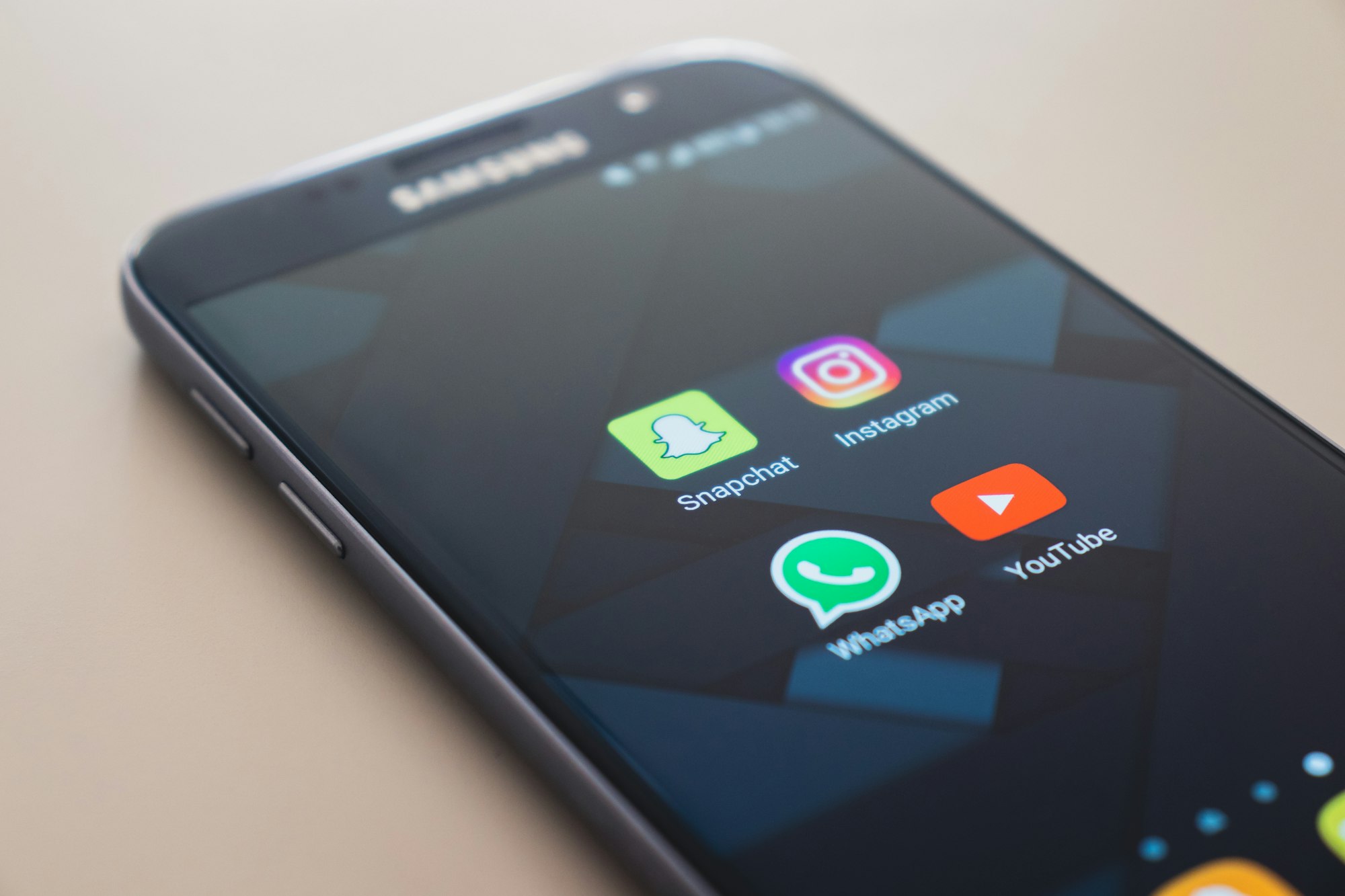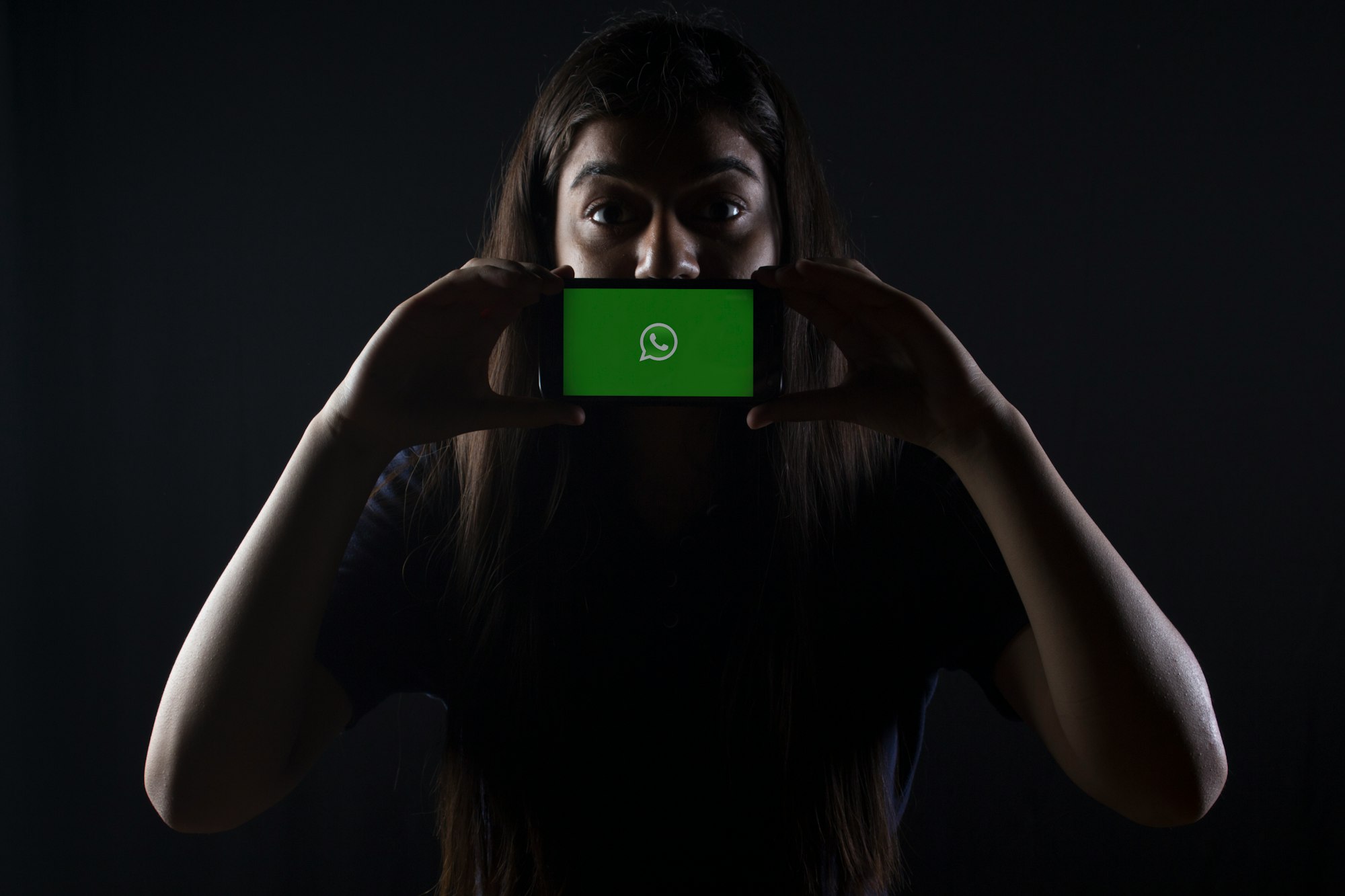ScamAlert | Your #WhatsApp account can be #hacked!
If You receive a WhatsApp code verification text message, DO NOT share it with anyone.
Also, Ignore any call from +1 484-577-2158
P.S. Enable Two-Factor Authentication for added security of your WhatsApp account! #safety
#ScamAlert | Your #WhatsApp account can be #hacked!
— National Information Technology Board (@NationalITBoard) May 10, 2020
If You receive a WhatsApp code verification text message, DO NOT share it with anyone.
Also, Ignore any call from +1 484-577-2158
P.S. Enable Two-Factor Authentication for added security of your WhatsApp account! #safety pic.twitter.com/JMx9AQJJPW
Be Aware!❗️Scammers are on the rise. Wire fraud attempts are on the rise due to the COVID-19 outbreak. Attorneys, realtors, buyers and sellers are being targeted by fraudsters at an increased rate. Never wire funds in response to an email or text. Always confirm! #ScamAlert
He gets people to donate money, so it’s not even his money he earned, or giveing away. He’s no one without his followers’ 💵💵💵 #ScamAlert
Bank alerts messages.
We'll never call a customer and request sensitive information, such as online banking credentials, or an account or card number. If you receive a call from anyone requesting that type of information, you should hang up immediately. #scamalert
A recent FIA alert warns consumers and businesses about coronavirus (COVID-19)-related schemes to steal money and personal information.
The agency cites three of the most prevalent scams and how to avoid them:
1. Fake CDC emails
Watch out for emails claiming to be from the Centers for Disease Control and Prevention (CDC) or other organizations offering information about the virus.
Don’t click links or open attachments you do not recognize. Fraudsters can use links in emails to deliver malware to your computer to steal personal information or to lock your computer and demand payment.
Be wary of websites and apps claiming to track COVID-19 cases worldwide. Criminals are using malicious websites to infect and lock devices until they receive payment.
2. Phishing emails
Beware phishing emails asking you to verify your personal information to receive an economic stimulus check from the government. Government agencies are not sending unsolicited emails seeking your private information to send you money.
Phishing emails may also claim to be related to charitable contributions, general financial relief, airline carrier refunds, fake cures and vaccines, and fake testing kits.
3. Counterfeit treatments or equipment
Be cautious of anyone selling products that claim to prevent, treat, diagnose, or cure COVID-19. Be alert to counterfeit products such as sanitizing products and personal protective equipment (PPE), including N95 respirator masks, goggles, full-face shields, protective gowns, and gloves.
The FIA advises several ways to practice good “cyber hygiene” and security measures:
- Don’t open attachments or click links within emails from senders you don't recognize.
- Don’t provide your username, password, date of birth, social security number, financial data, or other personal information in response to an email or robocall.
- Verify web addresses of legitimate websites and manually type them into your browser.
- Check for misspellings or wrong domains within a link (i.e., an address that should end in .gov ends in .com instead).
COVID19Scam #COVID19 #scamalert




